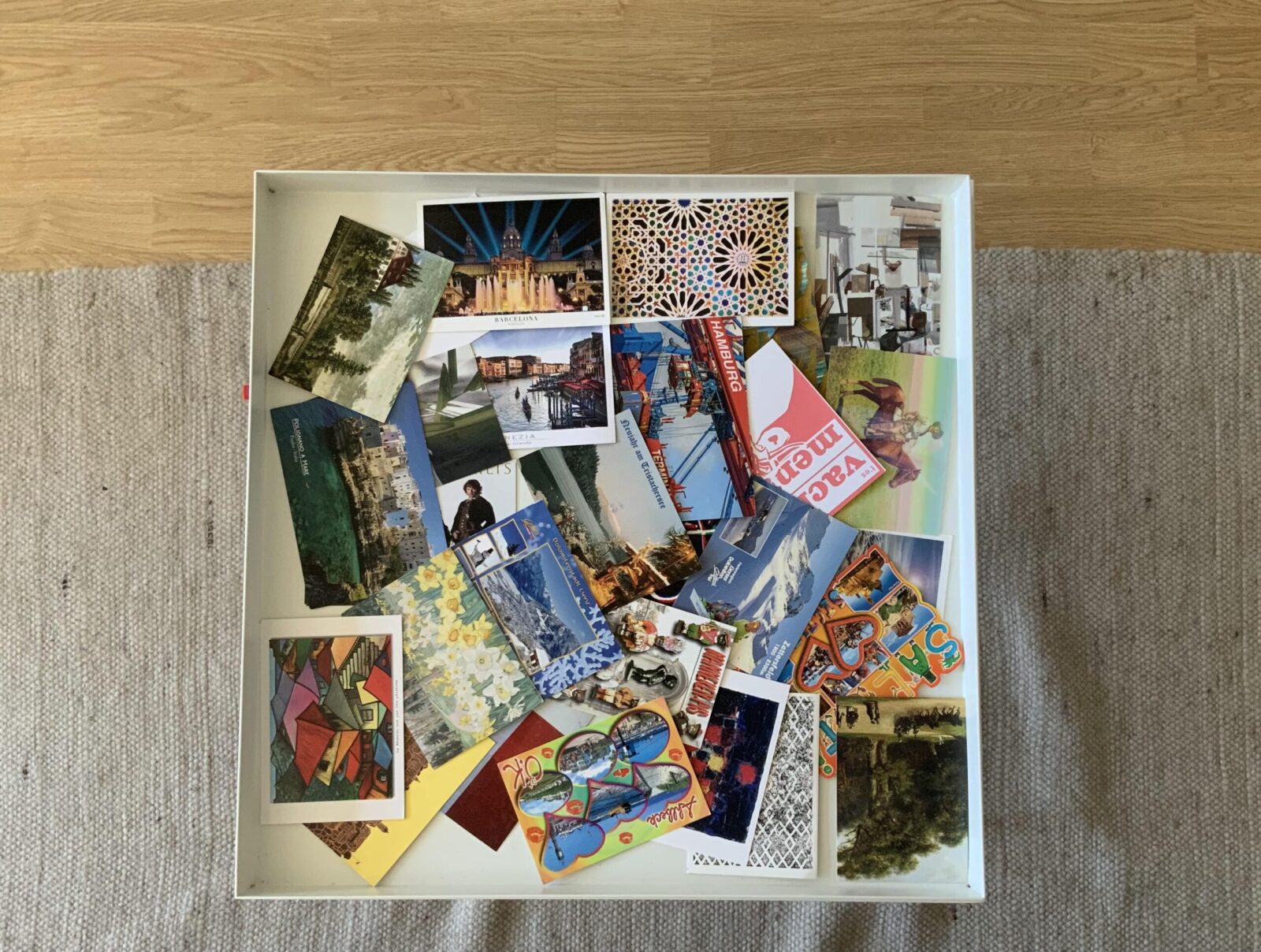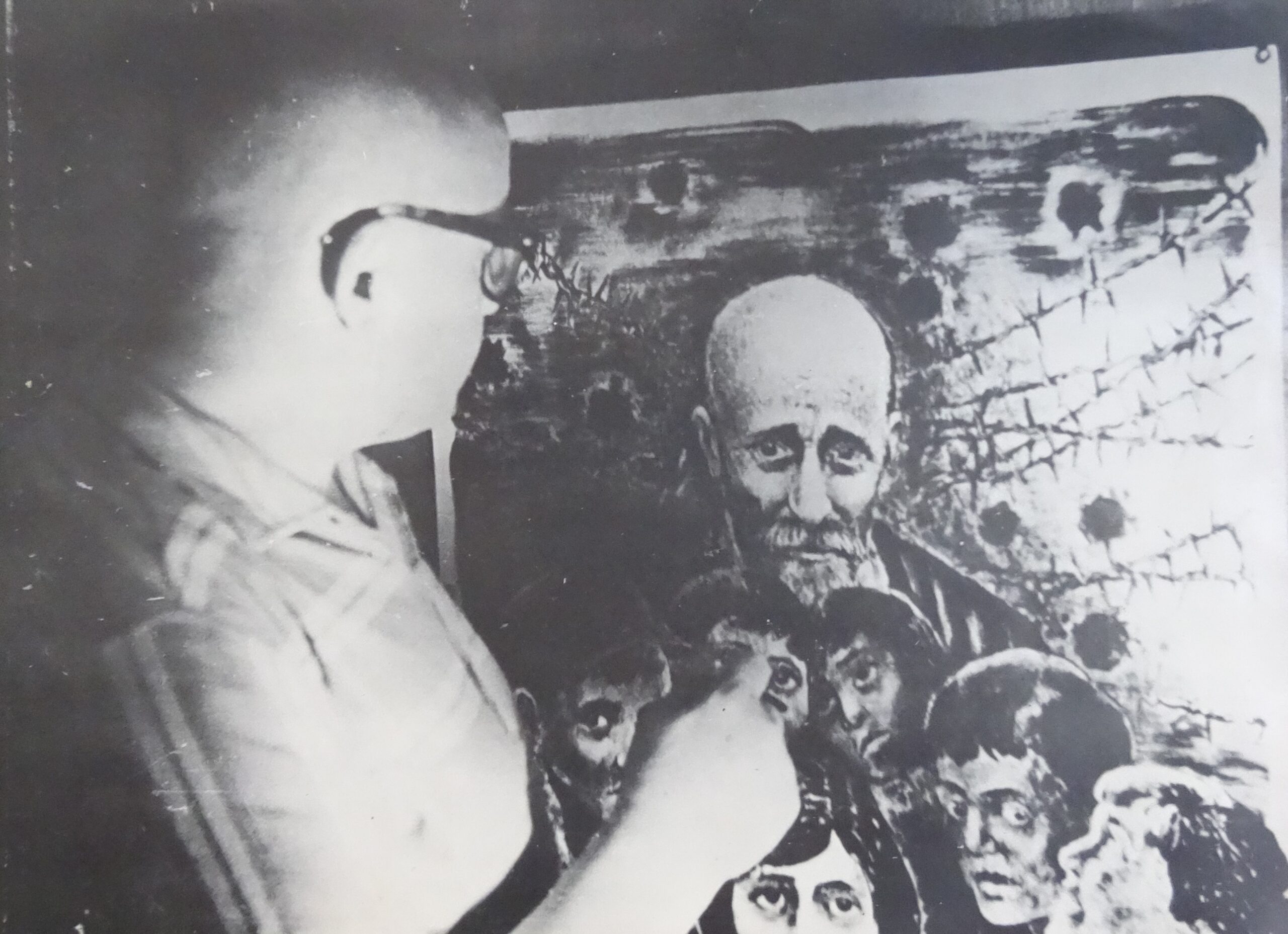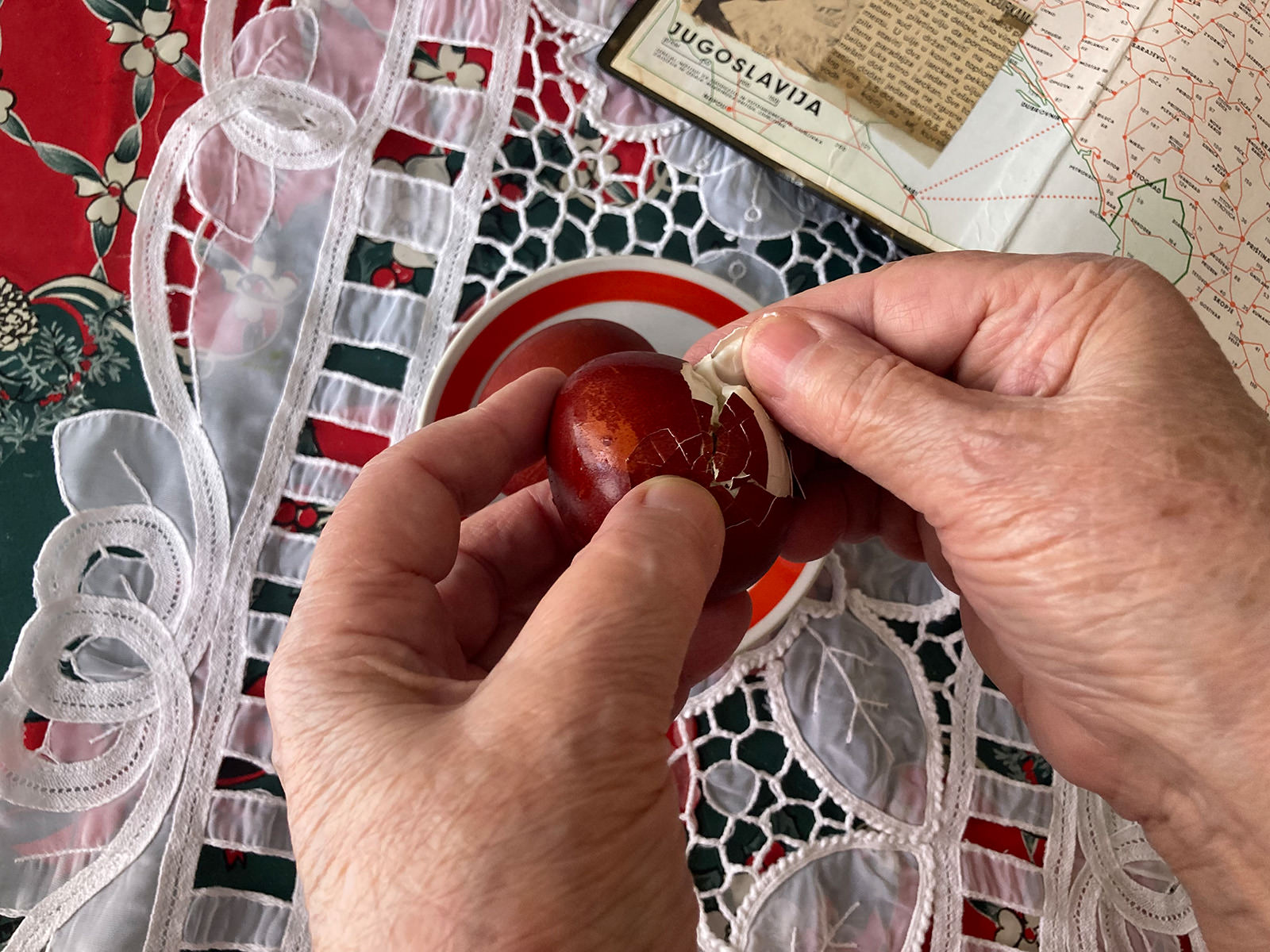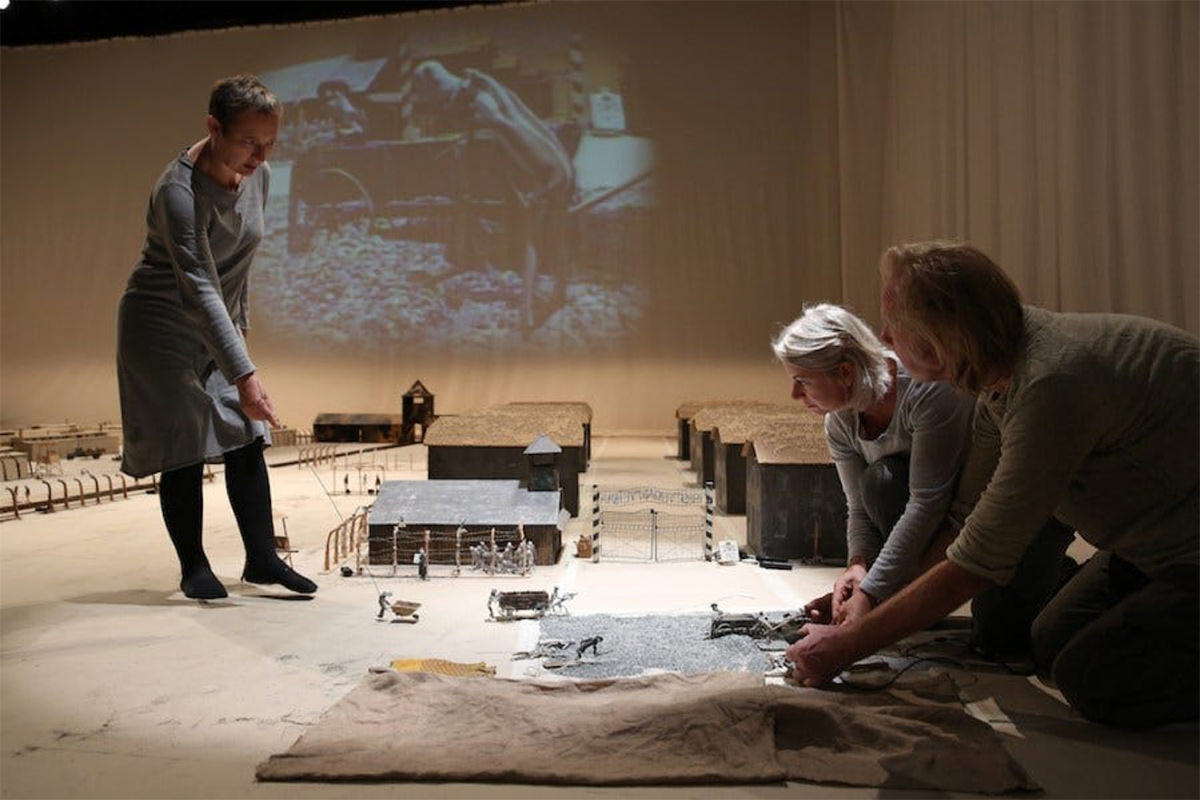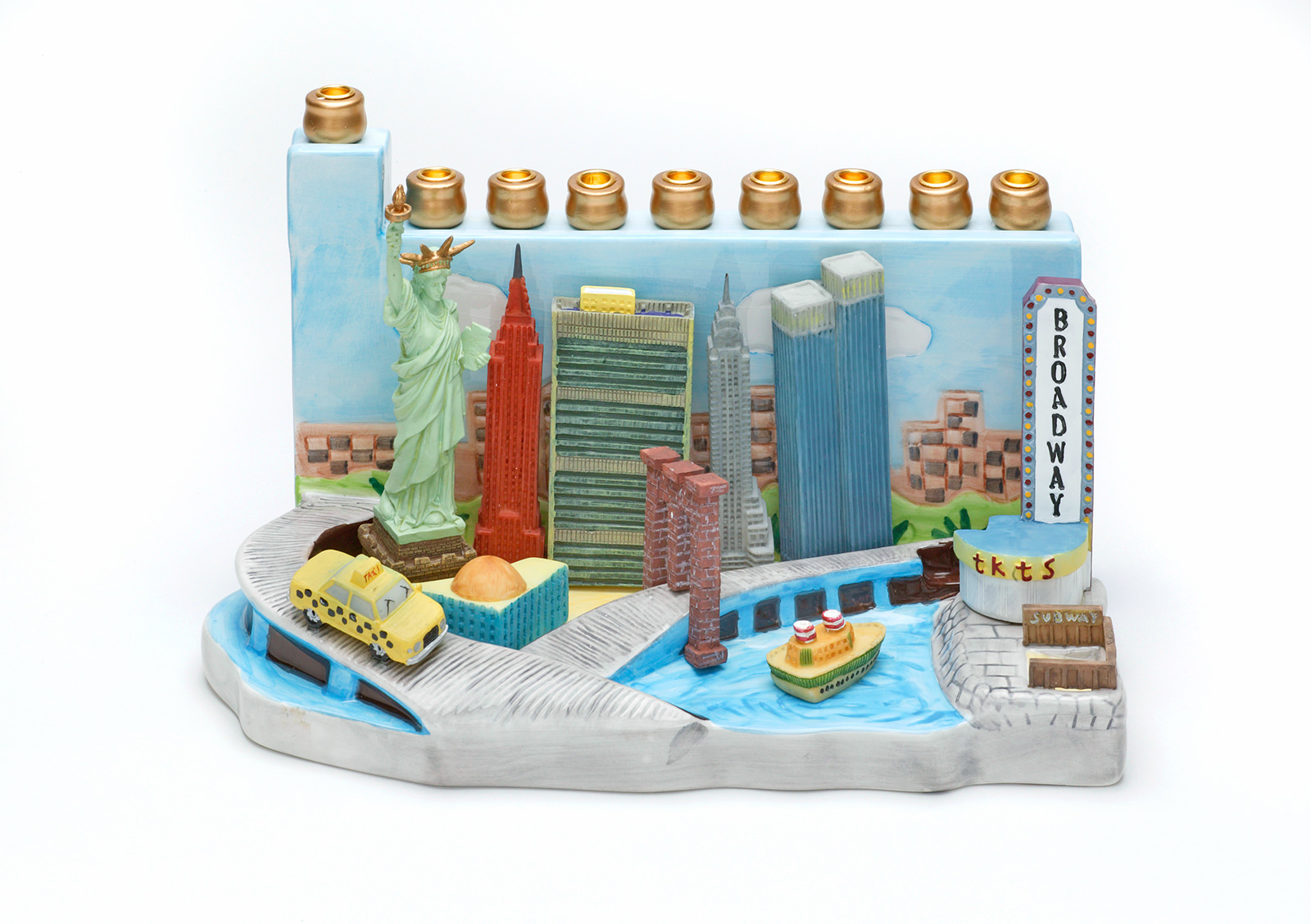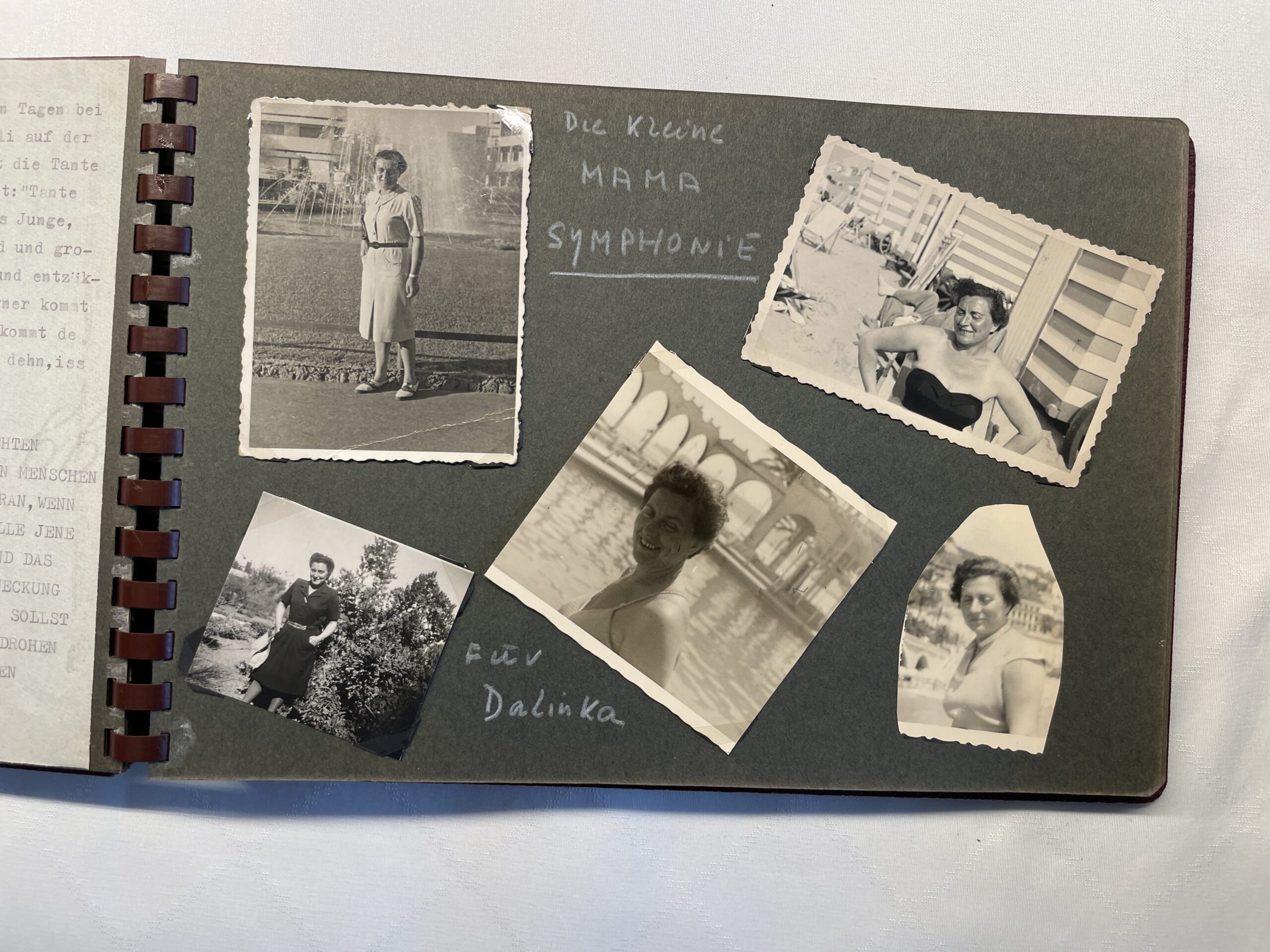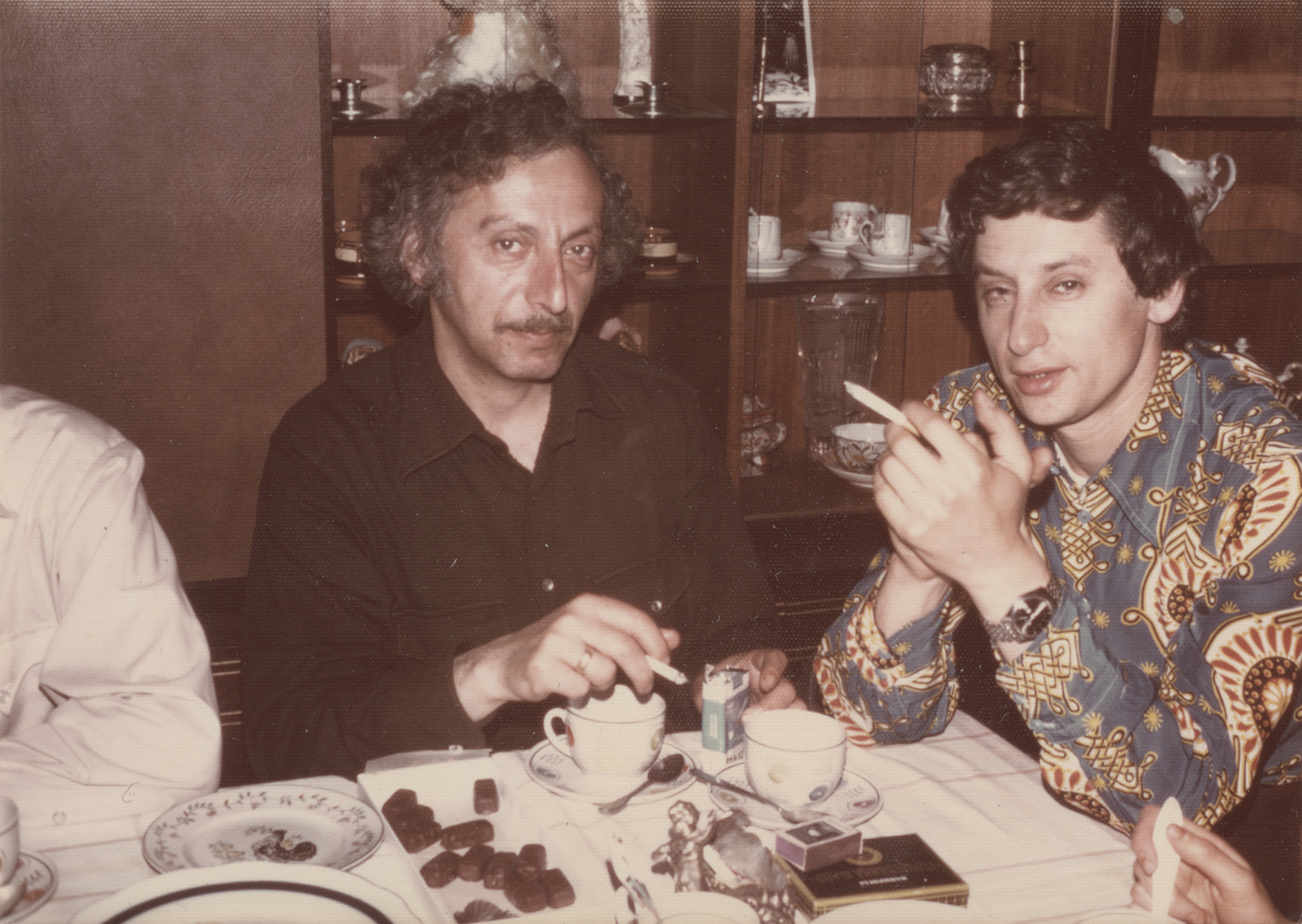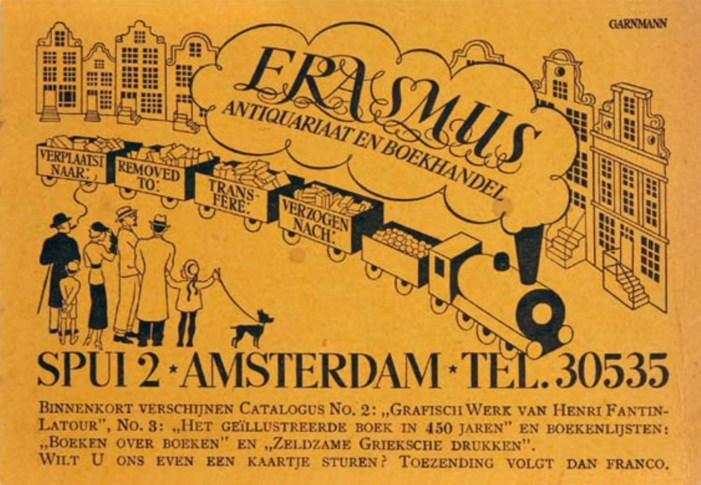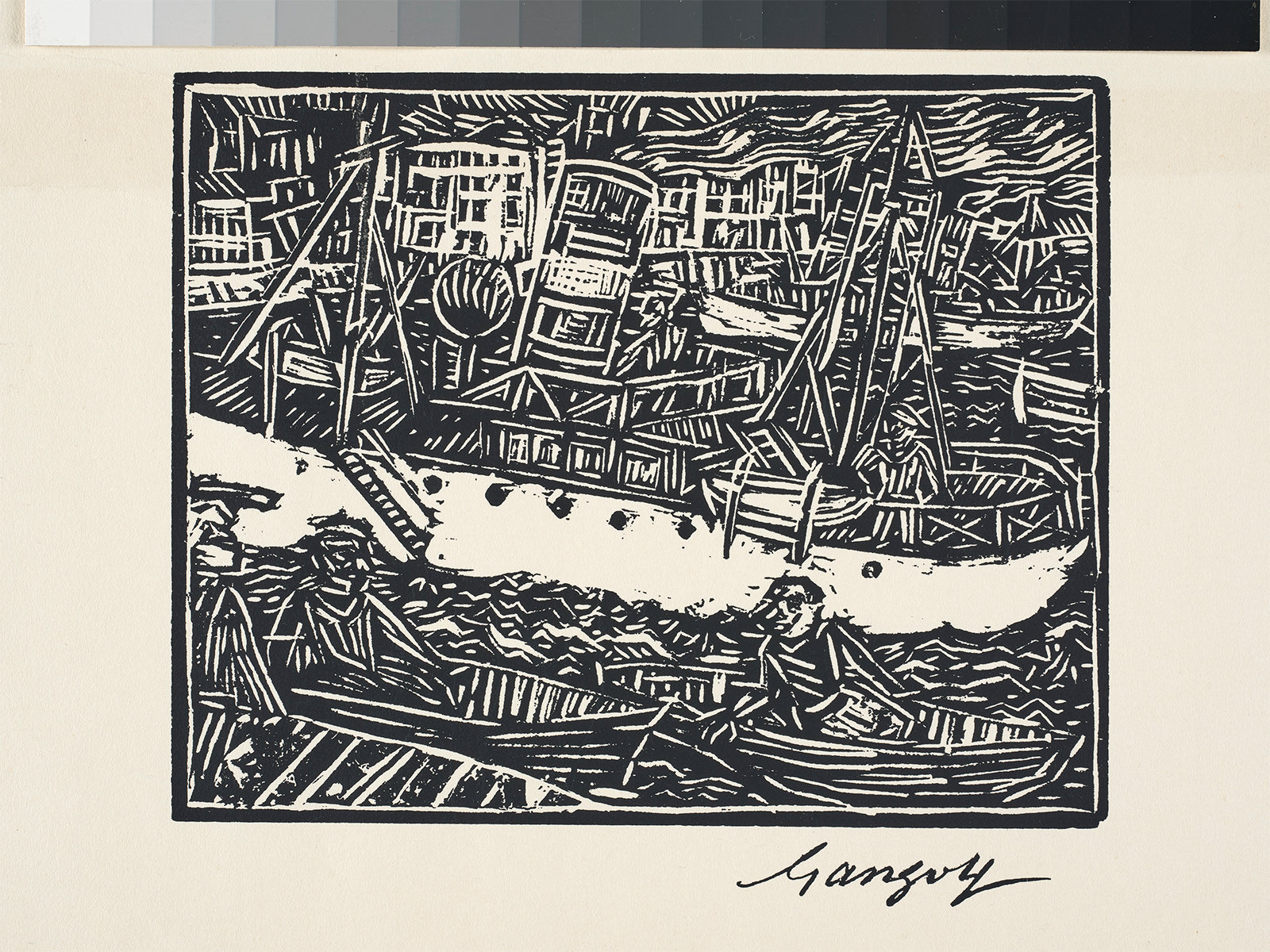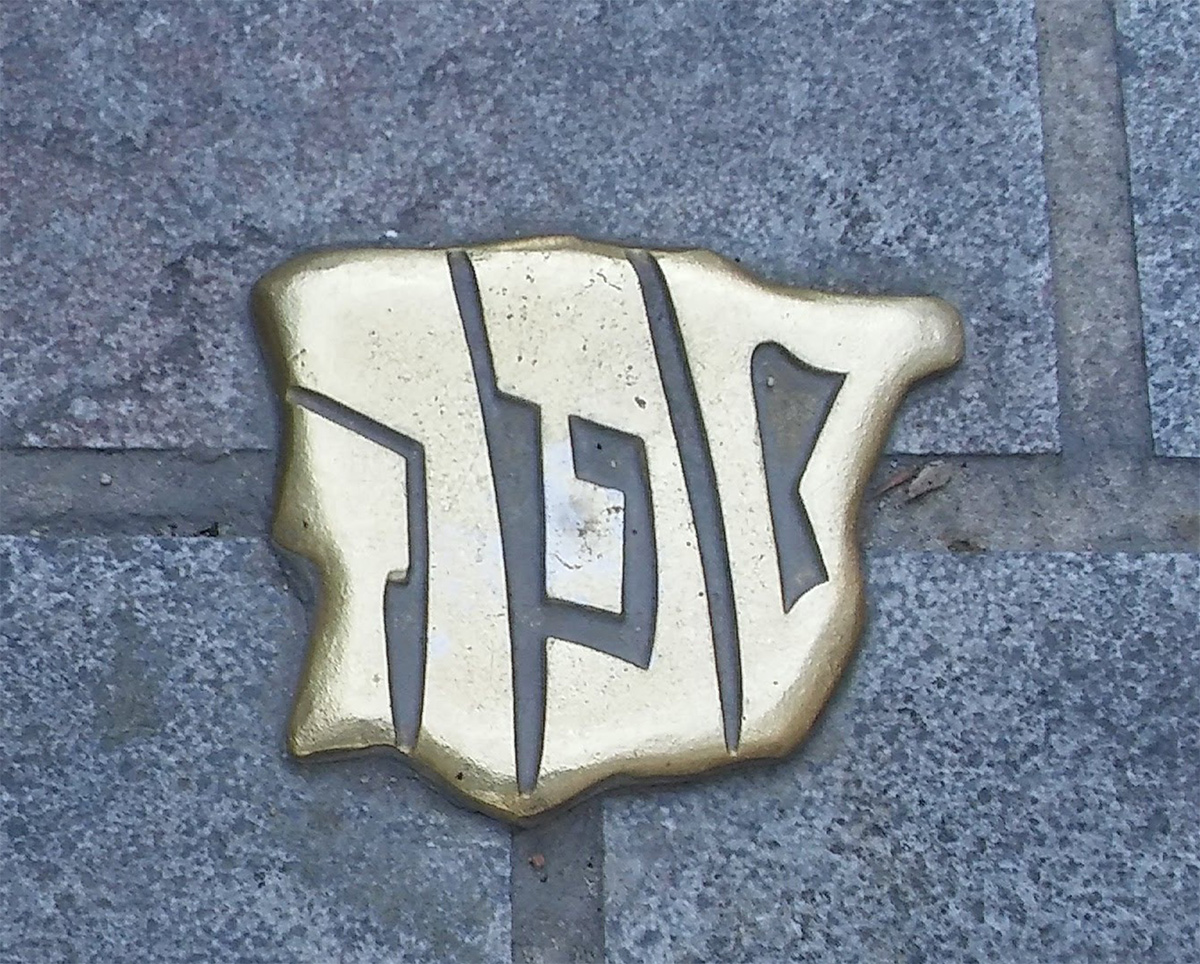
Materializing Memory and Sanctifying Place – Jewish Sephardic Heritage in Contemporary Spain

Threads of Identity – The Evolution of Israeli Fashion and the Attempt to Create a National Dress
The Written Silent, the Visible Absence, and the Text in the Written after 1945 – Materiality of Catastrophe, Exile and Belonging in Barbara Honigmann’s Writings
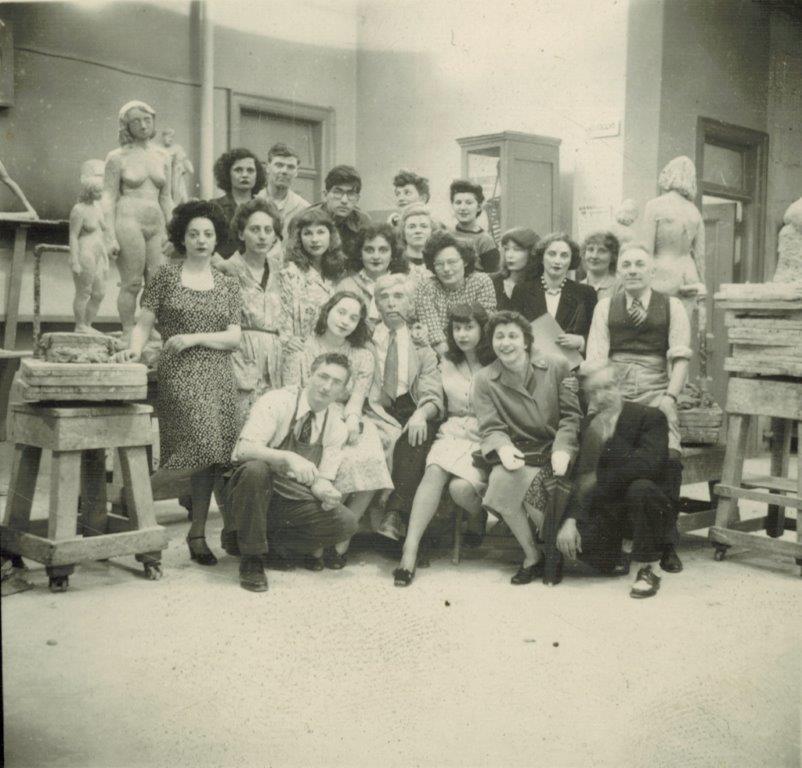
Processing Loss and Fostering Resilience – Jewish and Female Sculptural Strategies of Coping with the 20th Century
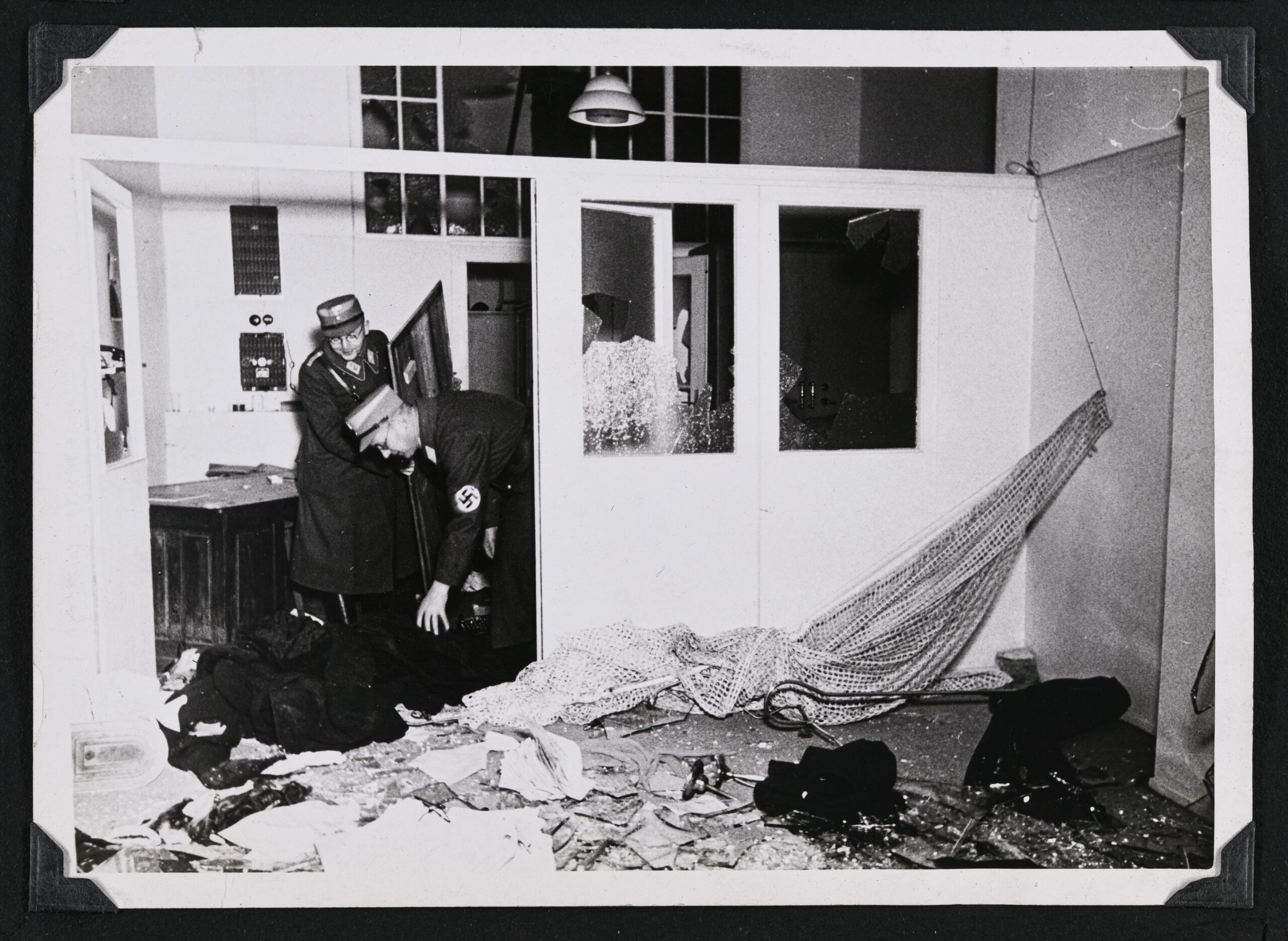
“Home was not Home anymore.” The Destruction of Private Jewish Living Spaces in the November Pogroms of 1938
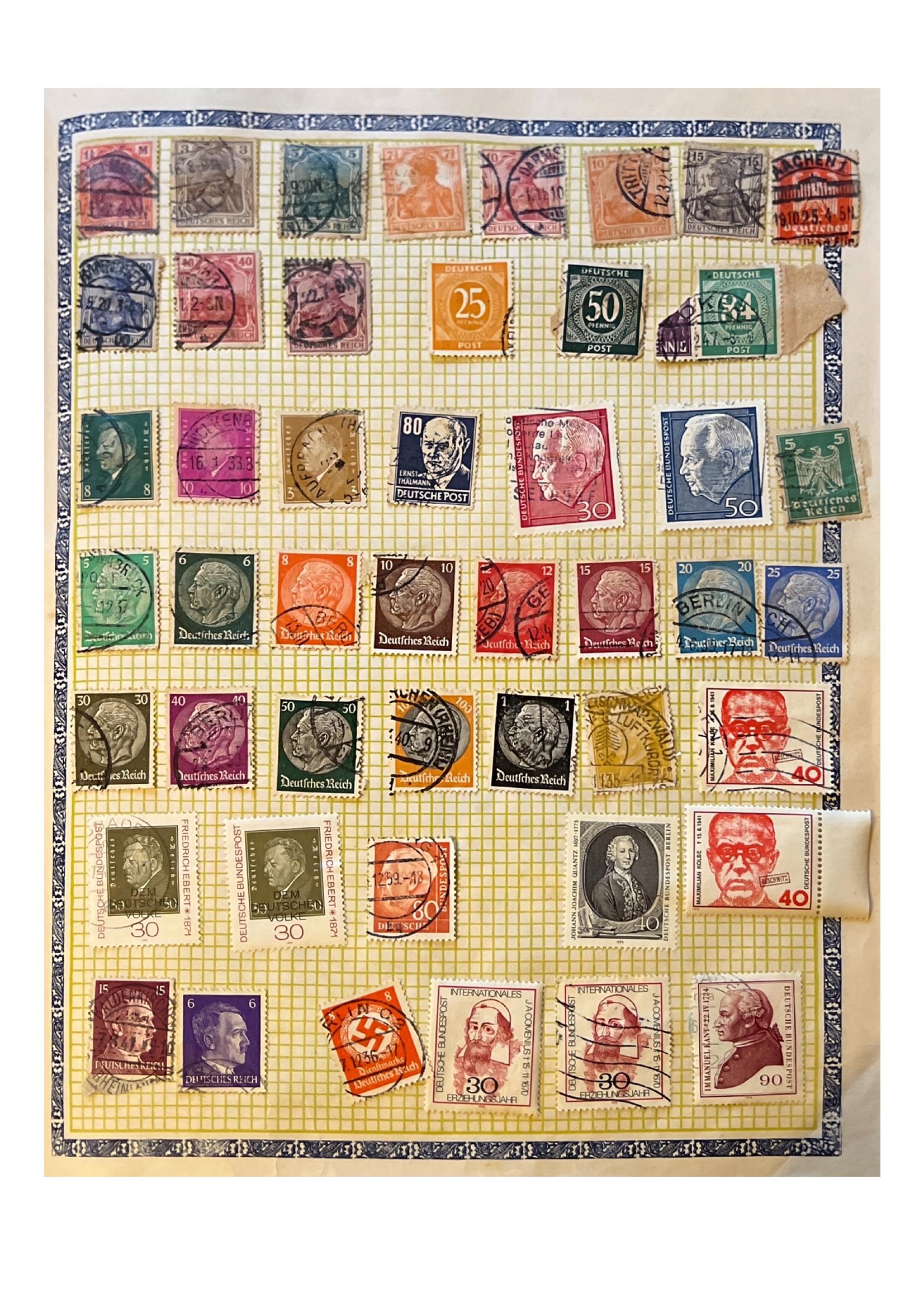
Corresponding with history – Jewish Postage Stamp Collectors and Jewish Emancipation

Nation-Building and Cultural Heritage – The Making of the Jewish National Library in Jerusalem, 1892–1948
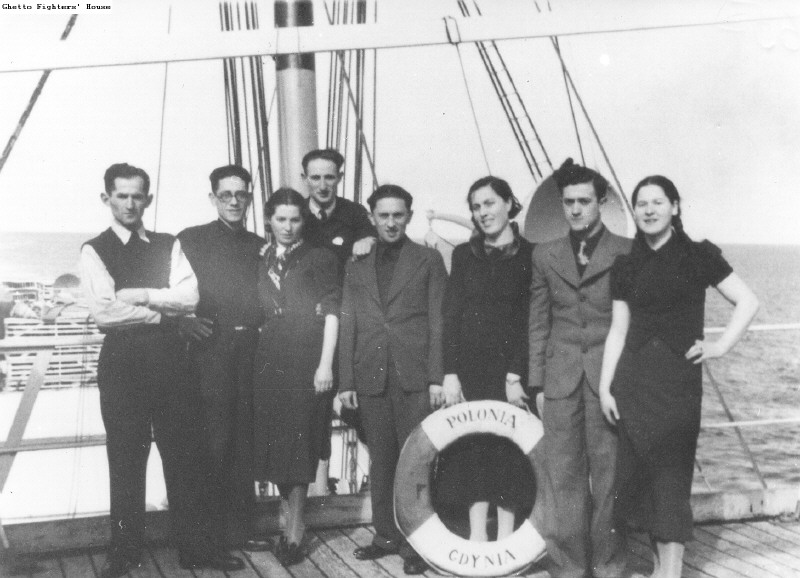
DVARIM POLANIM – Material Culture and the Changing Identity of Polish Jews in Israel across the 20th Century
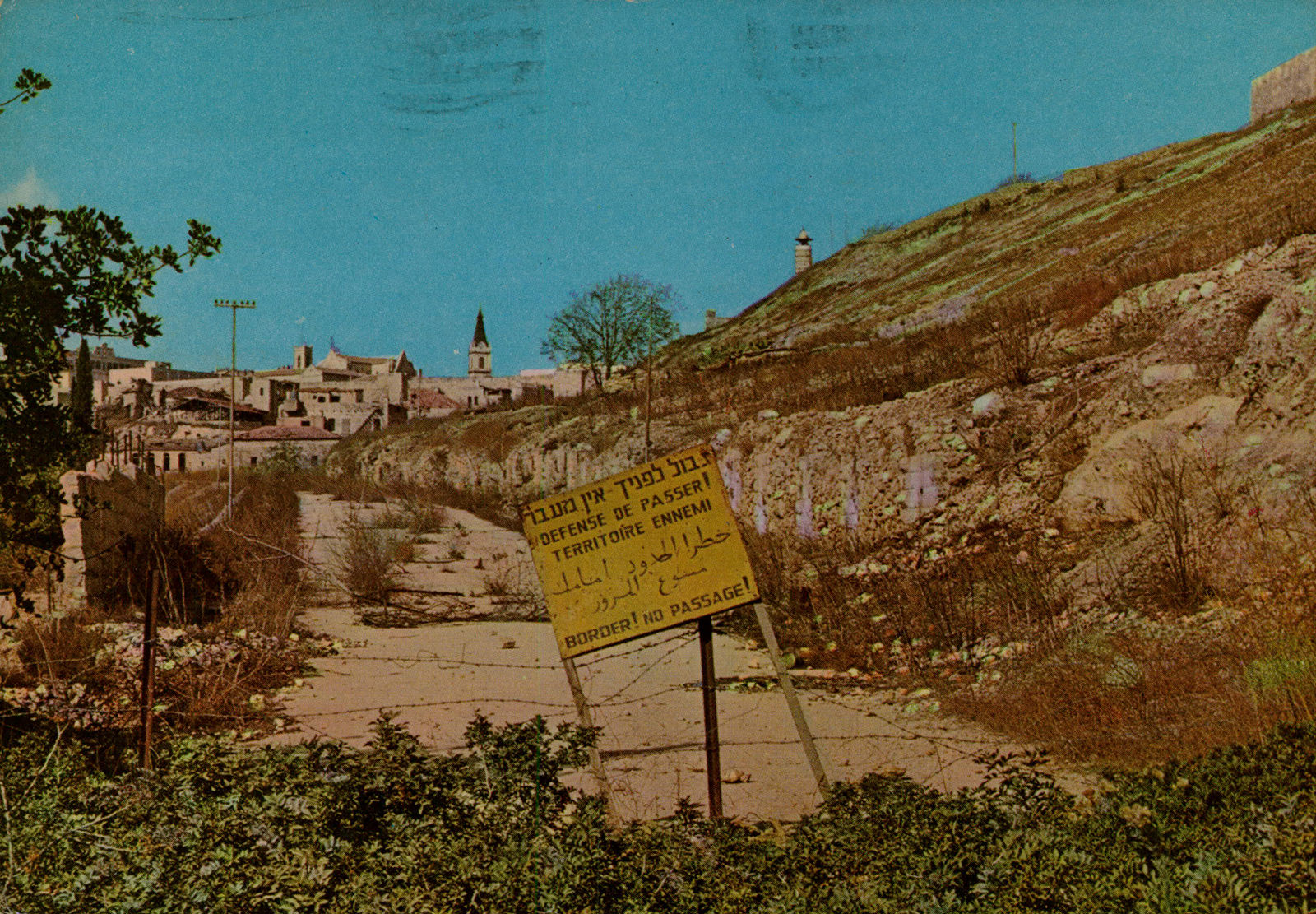
Keeping in Touch: Postcarding Borderscapes in Palestine–Israel – Material Postal Entanglements across Shifting Borders
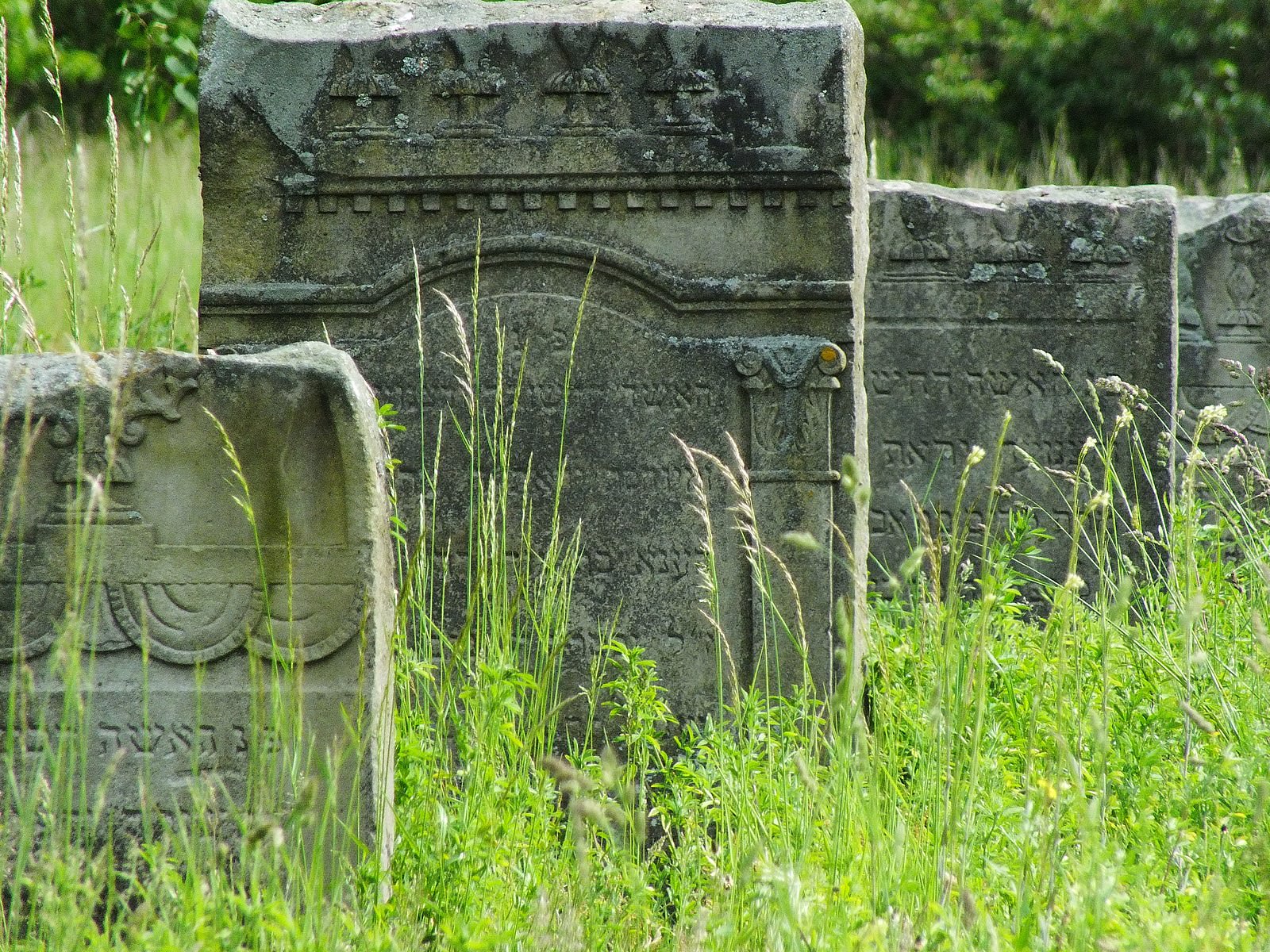
Between Ruins and Revival – Jewish Identity and Material Heritage in Post-Communist Poland
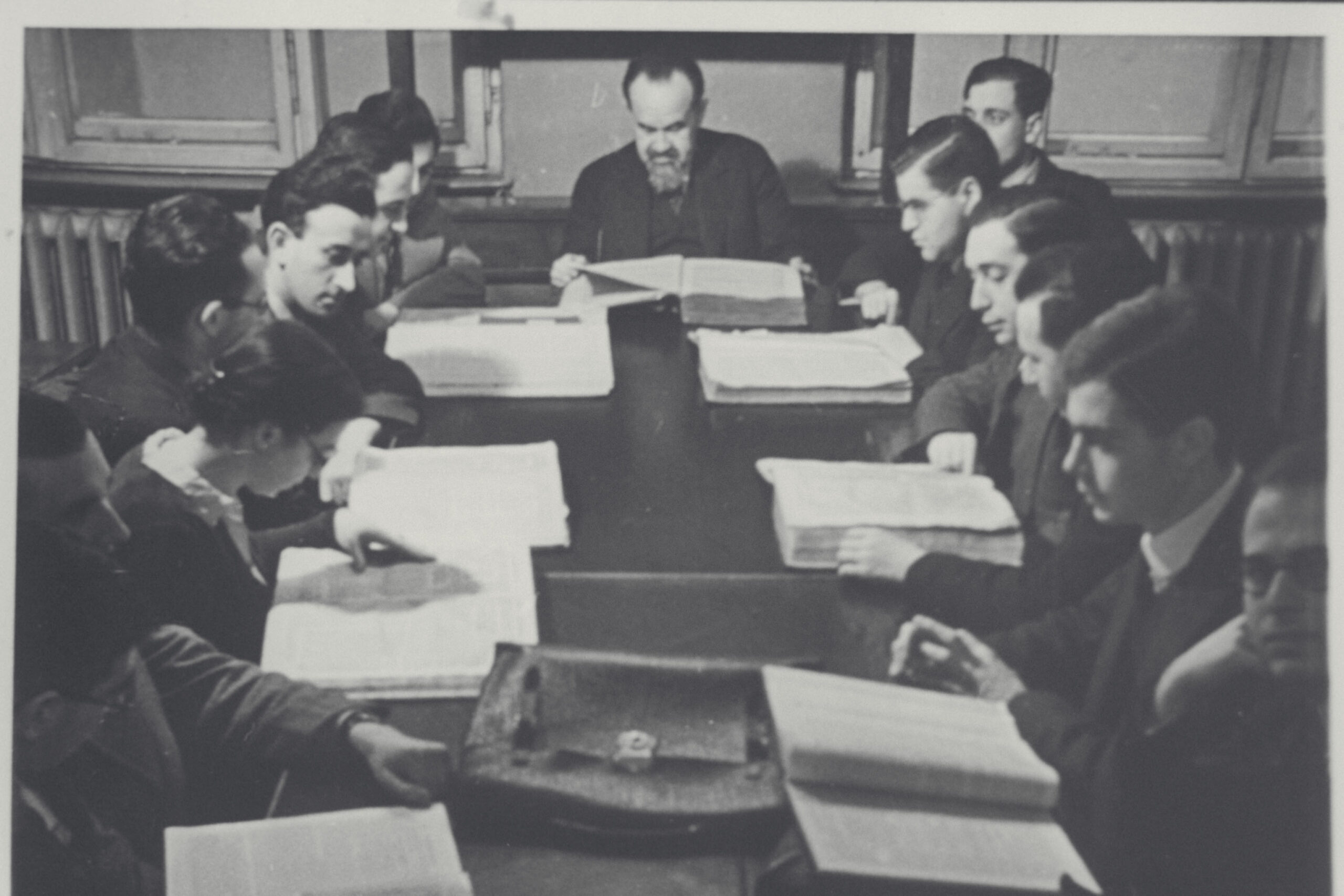
Places of Jewish Knowledge – The Wissenschaft des Judentums and its Material Sites in Berlin’s Urban Landscape, 1871–1961

Traces of belonging(s) – on the materiality of the imprisonment experience of Jewish women in the Ravensbrück women’s concentration camp
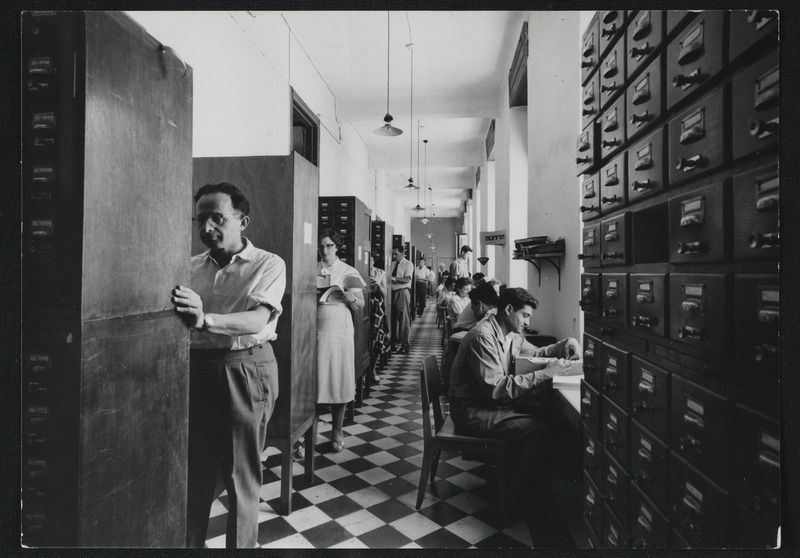
Aufbau im Übergang – Curt Wormann and the Jewish National and University Library between Nation-building and Cultural Diplomacy
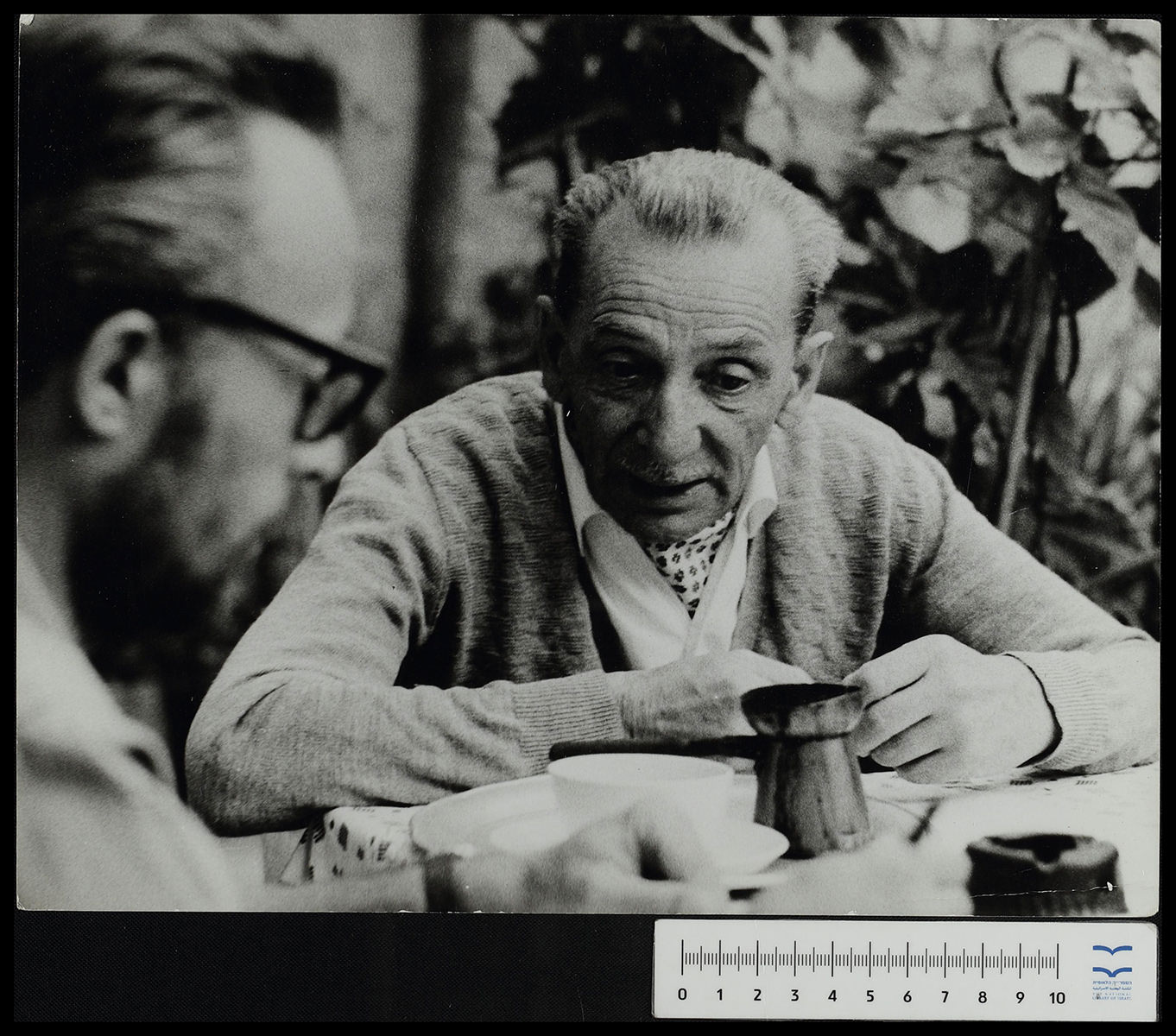
To Change, Question, and Criticize – Concepts of a ‘Werk’ and Concepts of Objects in Illustrated Magazines in Berlin and Vienna during the 1920s.
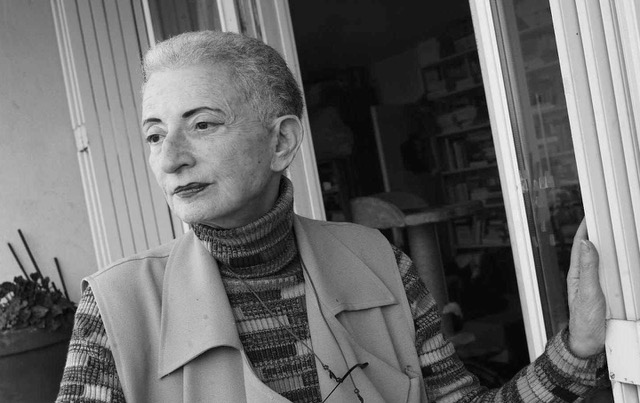
“Mes poumons comme les rouleaux de la Thora” – Towards a Poetics of the Trace: Jewishness, Exile, and Writing in the Work of Hélène Cixous

“Mes poumons comme les rouleaux de la Thora” – Towards a Poetics of the Trace: Jewishness, Exile, and Writing in the Work of Hélène Cixous
This dissertation examines the distinctive poetics of the trace in the work of Hélène Cixous (*1937). Born in Oran to a Sephardic father and Ashkenazi mother, Cixous embodies what she calls being “the other with myself,” refusing identification with any single history or tradition. Spanning colonial Algeria, Shoah memory, exile, and intellectual life in France, her complex positioning generates a mode of thinking that demonstrates how writing can navigate multiple inheritances simultaneously.
While Cixous is widely recognized for her literary contributions and foundational role in feminist theory since the 1970s, this dissertation argues that her essayistic work, along with her personal archive, the fonds Cixous at the Bibliothèque nationale de France, represents an understudied site of intellectual production. Her later essays adopt a reflective tone rooted in historical memory, constituting a hybrid form that blends autobiography, critical theory, philosophical reflection, memory work, and poetic prose.
Through a close analysis of Cixous’s essayistic writings combined with archival research, this study demonstrates the potential of literary studies after the material turn. The research creates a parallel investigation: while Cixous searches for traces of family memory, literary inheritance, and geographical belonging, this study examines her intellectual formation through her notebooks, marginalia, and reading practices.
The dissertation illuminates different dimensions of the trace: mapping family memory across the Mediterranean, examining the materiality of writing, exploring Cixous’s engagement with exile and Judaism through writers such as Blanchot, Celan, and Lispector, and analyzing the meaning of return in trans-Mediterranean contexts.
Although Cixous’s work has been extensively studied in feminist theory and literary criticism, its engagement within Jewish studies remains limited. By approaching Jewishness as one layer among many in her intellectual formation, this study demonstrates how her poetics of the trace offers a trans-Mediterranean perspective on Jewish experience, illuminating questions of transmission, diasporic memory, and intellectual history.
